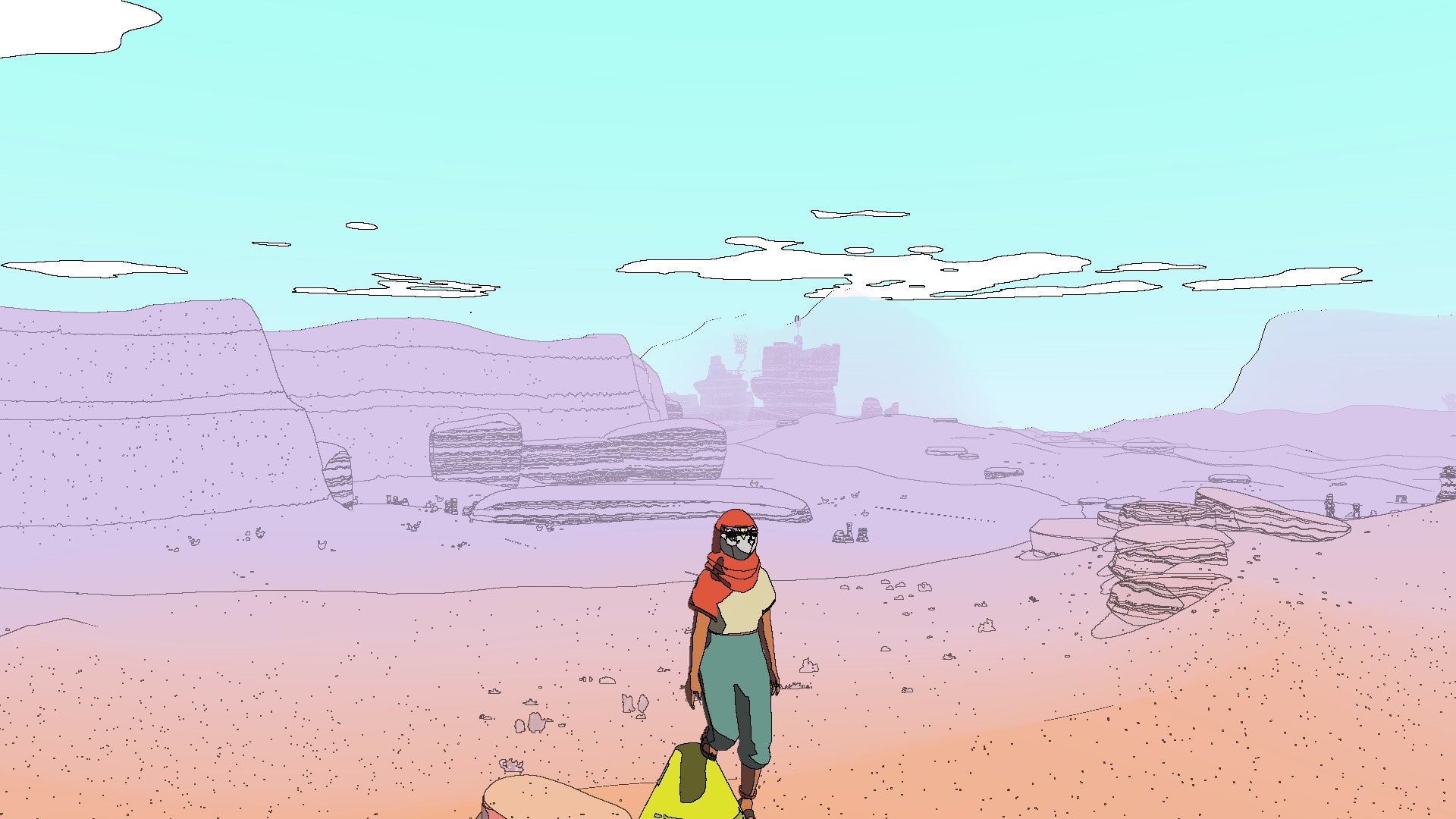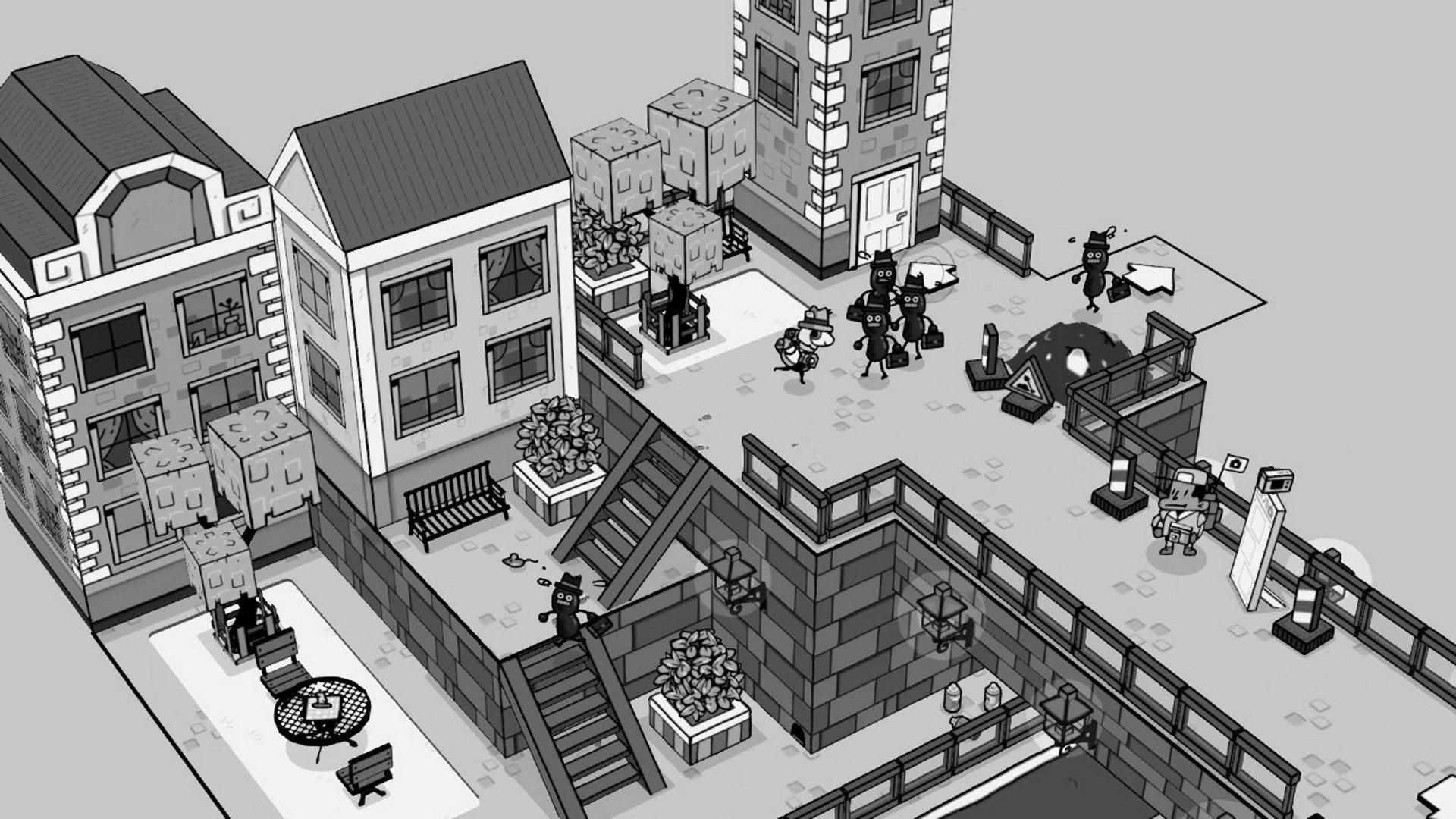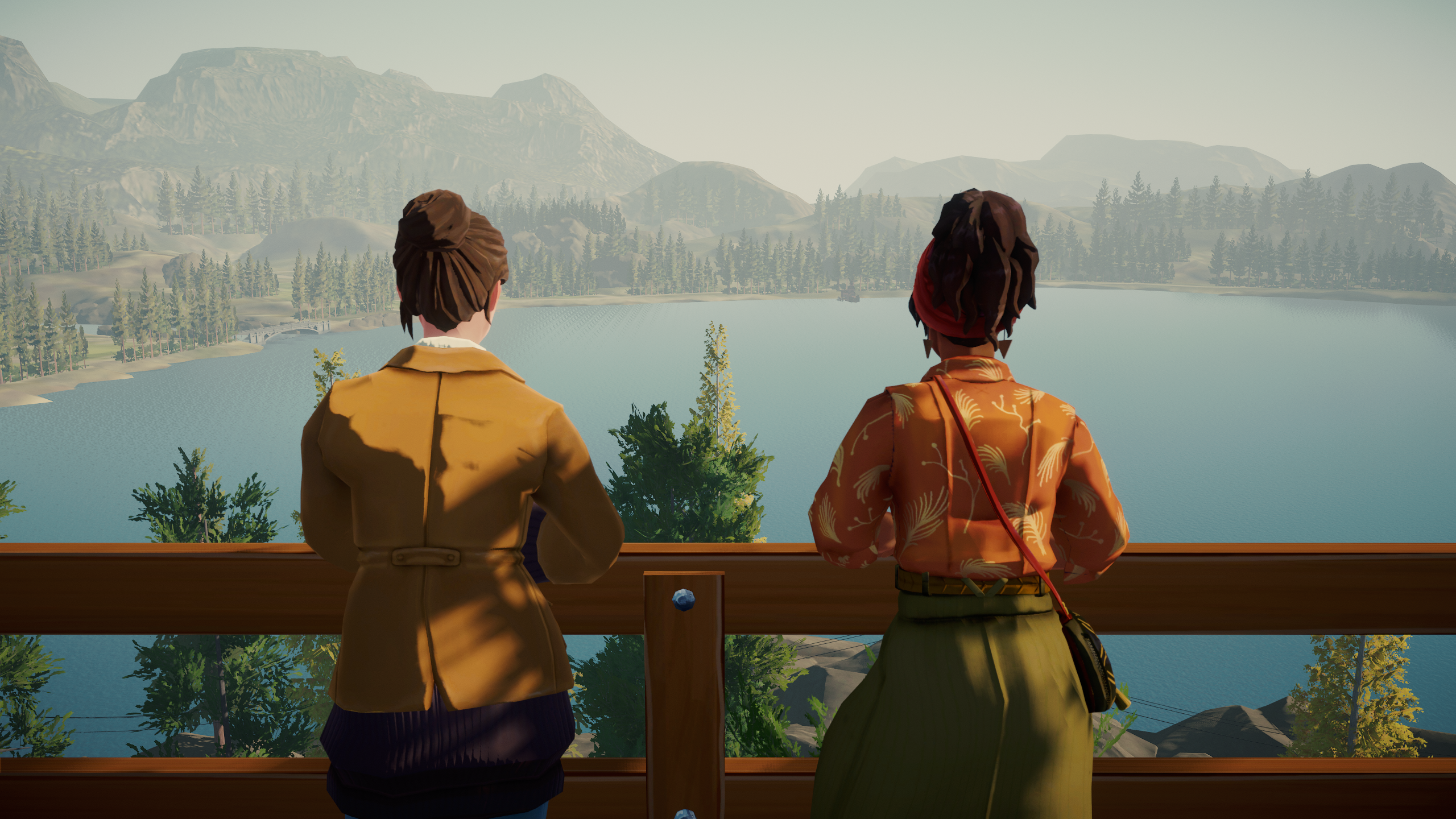Welcome, and thanks so much for supporting Eurogamer! In 22 years of operation, we’ve never asked our readers to pay to read us before - and you are one of the first to do us the honour. So, from the bottom of our hearts, thank you. It really does mean a lot. This column is a chance for me - or one of the other editors, if I’m not around - to talk directly to our most dedicated readers about what’s on our minds. The idea is that, while we might save our hottest takes for the general audience, this is a safe space for us to lift the curtain a bit on how we think about our jobs and the industry, to get a bit inside-baseball, or to take a longer view. Recently, an article by the Guardian’s Keith Stuart caused a minor ruffling of the discourse on Games Twitter. “2021 has been slow for video games. Will autumn fix that?” Keith asked, before concluding that it probably wouldn’t - partly because pandemic production delays had left the release schedule sparser of end-of-year blockbuster fare than usual. A band of happily beleaguered critics and fans were quick to counter the “slow year” claim by stating that their gaming lives had never felt busier. Edge’s Chris Schilling tweeted that he was reviewing five games at once, some of them brilliant, and that he had a huge backlog of 2021 releases to check out. That’s not slow. These were mostly indie or smaller games, sure, but since when should a game’s budget or marketing spend validate its existence? If you want new games to play, the argument goes, there have hardly ever been more of them deserving of your attention. I’m sympathetic to both sides of the argument. Keith isn’t wrong that the big AAA releases and platform exclusives are what we tend to mark our calendars by. For us online journalists, they pay the bills: they bring in advertising money, either directly through their own campaigns or indirectly by driving large volumes of traffic to news stories and guides. For better or worse, they tend to provide us with more to write about, too, even if they are not always to our taste (at EG, we haven’t awarded game of the year to a big-budget release since 2017’s Zelda: Breath of the Wild). But neither do we need to be cynical about it. These games are big because they’re popular, and by their popularity they unite the gaming audience in a common experience. They drive not just web traffic but conversation and community and excitement, often in positive ways. They have a halo effect. There’s no doubt that 2021 is a dry patch for big releases and that gaming culture is, in many ways, some of them quite literal, poorer for it. However, Chris’s counterpoint is both objectively fair and, on some level, morally right. You want good games to play? Open your mind, fill your boots, and in doing so fill the coffers of some smaller developers - hopefully ones that resist the poisonous frat boy culture and death-march crunch of so many big publishers and studios. And there really is so much worth playing. For proof, look no further than our reviews archive, which in recent weeks has been a constant stream of Recommended awards, interrupted by Essentials as often as “no badge” reviews, as we call them. It got to the point where we were worrying that we would have to actively seek out worse games to play in the interest of balance. Is the standard really that high? Well, yes and no. There has been an unusually great run recently, from Death’s Door to Deathloop, from the tasteful Toem to the unashamedly tasteless Cruis’n Blast. But it’s more about the shape of the industry, and what that means for the way we select our reviews. Indie game production is at an all-time high, fuelled by funding from Xbox Game Pass and publishers like Annapurna Interactive, and drawn in by the low barrier to entry and potential high reward of storefronts like Steam and the Nintendo eShop. Even in a “slow” year, there is no way we could keep up with it all, so we have to be selective. Timing and finite resources mean we end up passing over reviews we might otherwise have been keen to run: Boyfriend Dungeon, for example, or The Artful Escape. You can add to this the general atomisation of culture, as visible in video games as anywhere else, where the common ground shrinks until it can only accommodate the biggest mega-franchises - your Marvel films, your Call of Duty - while the rest is filled in by hyper-specialised, curated feeds that cater to every specific niche and taste. We at Eurogamer play our own part in that; if we have to choose which games to review, without a sure sense of which games will have broad appeal beyond the biggies, we will naturally choose those which are most interesting to us (and we hope, to you) - and which consequently have a much higher chance of scoring well. We don’t want to give you the impression we love everything uncritically, but in this crowded, noisy landscape, the last thing we want to do is waste your time. If we’re going to tell you about a game, it had better be because we have something to say about it. And it’s never a bad thing if what we have to say is, “hey, check this out - it’s good!”



